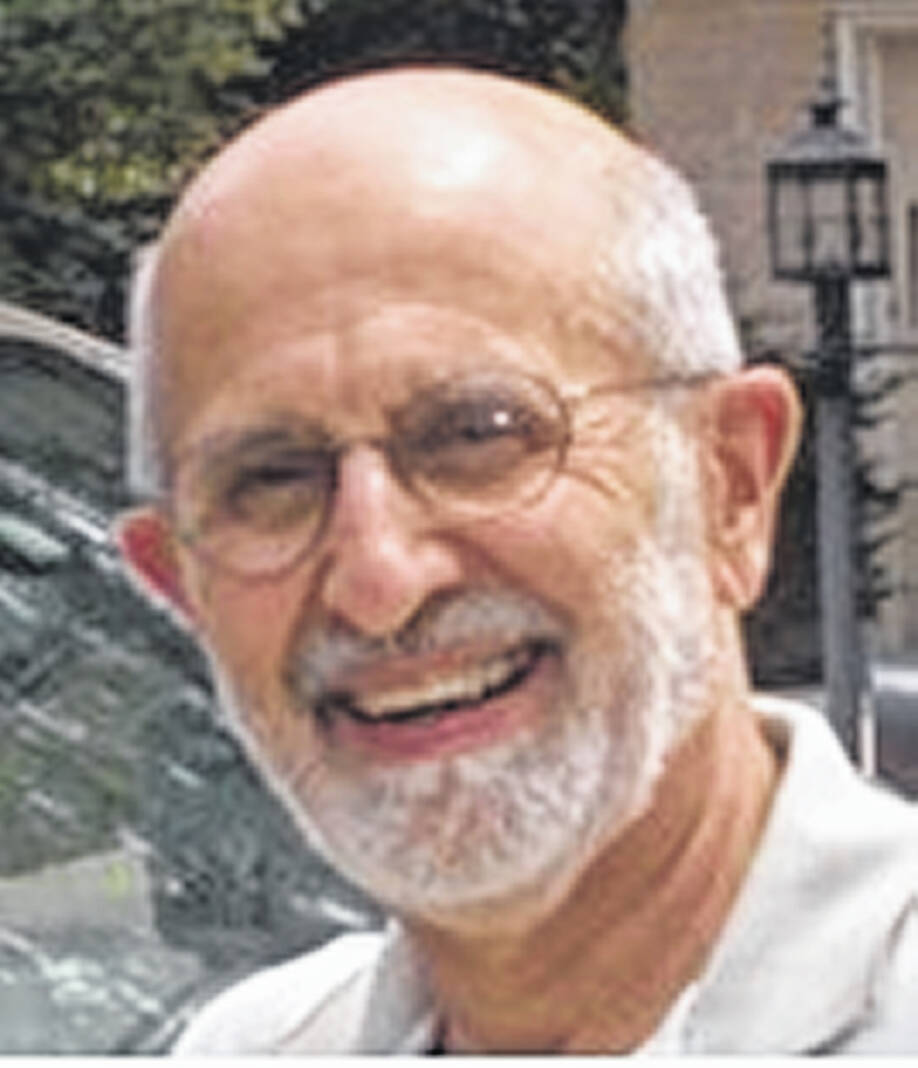
Some years ago, the Lectionary (Scripture readings for particular Sundays of the Church Year) gave me the idea to pursue a sermon series on some women mentioned in the Bible. Given their generally subordinate place in biblical culture and their increasing pre-eminence in ours (political office, news anchors, business, moral issues, #MeToo), I wanted to highlight a few of those places where the feminine gender shines even in the ancient Hebrew Scriptures, under the heading of Biblical Feminism!
This week I would like to focus on “Wisdom,” an attribute women in our day excel in. Think, “Mom!” Our biblical character (from Proverbs – see 1:20-33), though not a human being, certainly is a wise “she.” We’ll call her, “Sophia” (Wisdom), the Greek translation of the original Hebrew, where the word, “wisdom” is feminine in gender and plural! Sophia speaks, for all “womankind” (?). Significantly, here, in Proverbs, she speaks for God, for a God who is usually thought of using male terminology.
And this is part of what she says, “How long, O simple ones, will you love being simple? How long will scoffers delight in their scoffing and fools hate knowledge? … . They hated knowledge and did not choose the fear of the Lord, would have none of my counsel, and despised all my reproof, … But those who listen to me will be secure and will live at ease, without dread of disaster.”
Knowledge is important, as is the truth it reveals. It pushes us to ask questions before we form opinions or act. It reminds me of my Doctor of Ministry program where we were required to justify psychologically and theologically all of our ministerial behavior, from the sermons we preached, to the pastoral care we gave, to the administrative decisions we made, to the ethical positions we took. How is what we do based not on public opinion, or what society says is right, or what makes us feel good, but it’s based on what we believe about God and God’s will for our lives and for God’s world?
The Gospel Lesson paired with this Proverbs text in the Revised Common Lectionary is the one in which Jesus asks, “Who do you say that I am?” How does our answer to that question determine the questions we ask and the answers we come up with regarding what we think is right, believe to be true, and how to live accordingly.
Knowledge is important, as is the truth it reveals. Daily, we hear facts being labeled fake news; fake news being labeled facts. We hear phrases like, “alternative facts,” with a former mayor of New York saying, “Truth is not truth!” We know what he meant – what I call “truth,” you call, “lies,” and vice-versa. We live in an environment where if something is said often enough, and loud enough, and boisterously enough, many will come to believe it to be fact and act on it.
There was once a woman who spoke as God, whom God called, “Wise” – “Sophia,” who cries at the city gates, “How long, O simple ones, will you love being simple? How long will scoffers delight in their scoffing and fools hate knowledge,” who calls us to ask questions and seek what is true and consistent with what we know and believe about God.
Not, of course, an easy task. It was a bewildered Pilate, who at Jesus’ trial asked, “What is truth?” A wise woman asks us to work on that!
Jim Graham is a retired Presbyterian minister.
This weekly column is provided to the News Journal on a monthly rotation basis by members of the Wilmington Area Ministerial Association.

